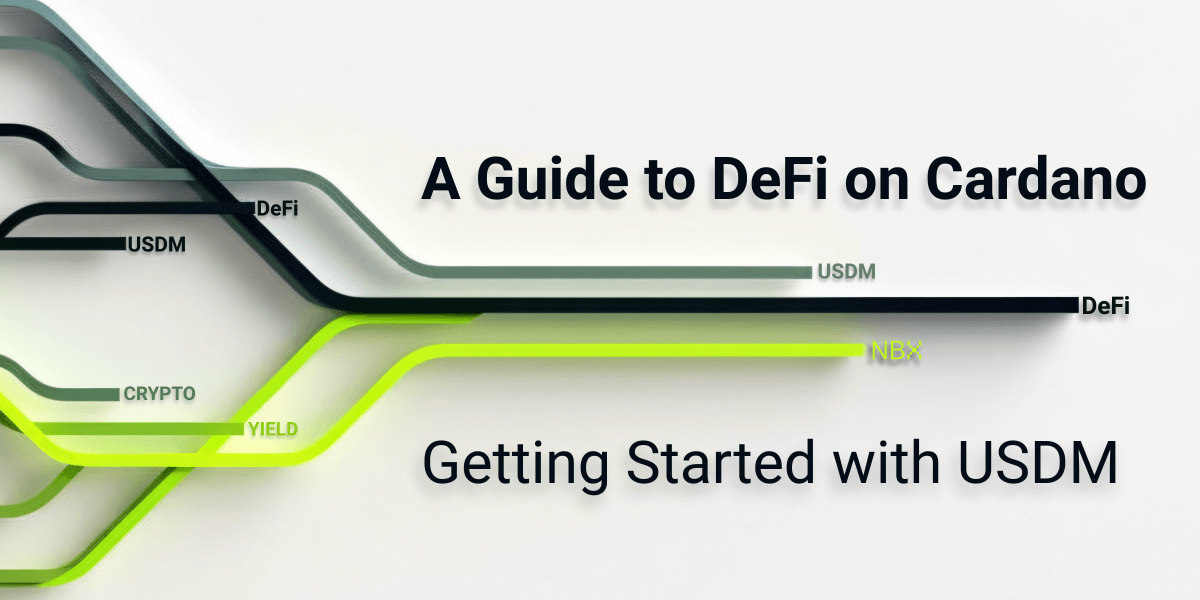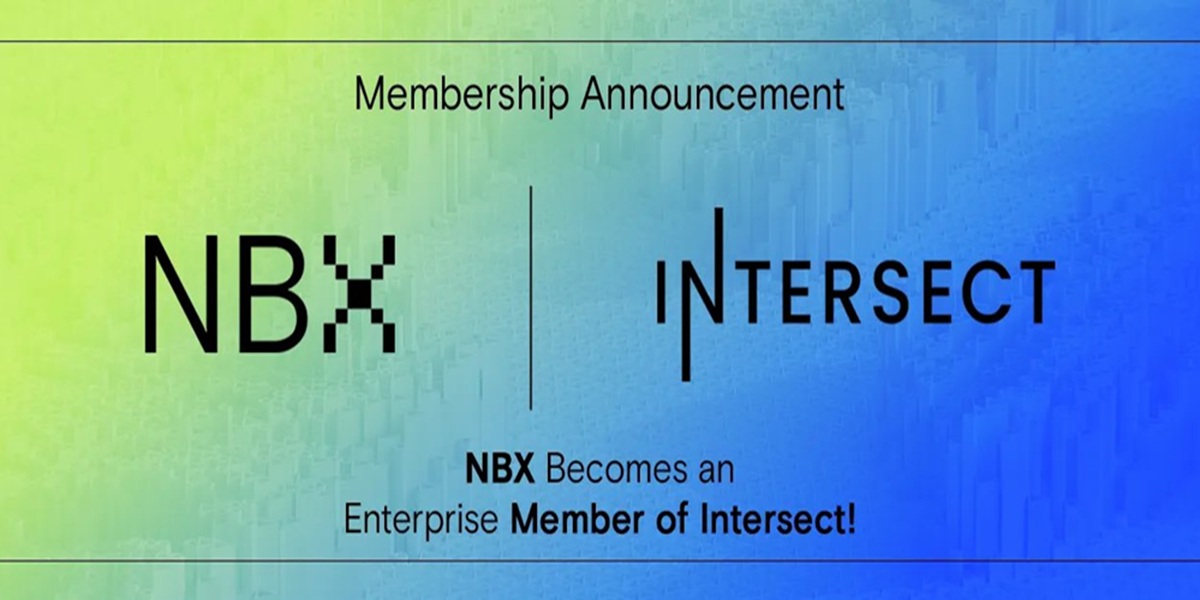In Norway, cryptocurrencies are subject to taxation, and the Norwegian tax authorities have provided guidelines on how they are treated for tax purposes. Here are some key points regarding cryptocurrency taxation in Norway:
How NFTs are taxed in Norway?
The Norwegian Tax Administration considers NFTs as assets, and the tax rules are the same as for other virtual assets. The creation of an NFT, often referred to as minting, does not trigger taxes. However, there will be a realization (sale) of any cryptocurrency used as payment for the creation. The costs of creation will be included in the acquisition cost for any future sale of the NFT.
Example from the Norwegian Tax Administration:
You create an NFT and pay 0.05 ETH, equivalent to 800 Norwegian Kroner at the time of creation. Previously, you paid 500 Norwegian Kroner for these 0.05 ETH. In this case, you have realized the 0.05 ETH with a gain of 300 Norwegian Kroner.
All income related to an NFT is generally taxable. You must report income/gains on your tax return. If you incurred costs related to income from NFTs, you may be eligible for deductions.
Example from the Norwegian Tax Administration:
You previously created an NFT and sold it for 1 ETH. During the creation, a smart contract was set up to pay you 10% of the sale price upon resale. The buyer of your NFT sells it for 2 ETH, equivalent to 60,000 Norwegian Kroner at the time of sale. In this case, you receive payment for the resale of 0.2 ETH, which amounts to 6,000 Norwegian Kroner as taxable income.
The net worth of the NFT is included in the basis for wealth tax.
The value is determined based on the market value in Norwegian Kroner on January 1st of the year following the income year. The valuation must be documented upon request. If a plausible market value cannot be determined for your NFT, the amount you paid for it can be used as the net worth value.
Separate rules apply to wealth taxation of household goods or other movable property. An NFT will generally not be considered as household goods/movable property in this context because an NFT itself is a digital code and not the object it represents. In exceptional cases, there may be situations where an NFT is of such a nature that, through a specific assessment, it can be considered as household goods/movable property. However, if such an NFT is acquired for investment purposes, it will not be subject to the specific rules that apply to household goods/movable property.
Example from the Norwegian Tax Administration:
You own an NFT that you bought for 0.10 ETH. The assumed market value on January 1st after the income year is 0.15 ETH. The net worth value is then 0.15 ETH, which should be reported in Norwegian Kroner on the tax return. The value of ETH is often given in USD, so it needs to be converted to NOK. You calculate the value in Norwegian Kroner by multiplying the number of ETH by the exchange rates for ETH/USD and USD/NOK on January 1st. In this example, for the 2021 tax return, it would be 0.15 x 3,683.05 x 8.82 = 4,873.
It's important to note that tax regulations can change, and it's always advisable to consult with a tax professional or the Norwegian tax authorities (Skatteetaten) for the most accurate and up-to-date information regarding cryptocurrency taxation in Norway.
The article does not constitute financial advice.


